Erkenntnisse aus der Bachelorarbeit von Sarah Burkard
With the growing online presence of tourism offerings, the demand for immersive digital experiences is on the rise. VR is particularly appealing because it allows users to immerse themselves in virtual worlds, experiencing locations or historical scenes without being physically present. Companies like TimeRide leverage these advantages to create interactive city tours, equipping visitors with VR headsets to transport them to historical eras.
In her thesis, Sarah explores the acceptance of this new format, highlighting both the potential and the challenges of VR in tourism.
VR Acceptance in Practice
As part of her Bachelor thesis, Sarah conducted qualitative interviews with six diverse participants (varying in age, gender, and tech affinity) who took part in a TimeRide GO tour in Munich. These interviews provided direct insights into the perception and acceptance of VR-based tourism.
Interview Findings
- Immersive Experiences: Participants appreciated VR’s immersive quality, which enabled them to dive deeper into historical contexts than traditional city tours typically allow.
- Critical Feedback: While the immersive aspect was well-received, participants raised concerns about technical issues and content depth. The findings suggest that VR tours still have room for improvement in terms of technical stability and content variety.
- Key Factors for Acceptance: Technological reliability, targeted marketing, and the use of social media are critical factors in fostering acceptance and enthusiasm for VR in tourism.
What Does This Mean for Us as Event Professionals?
- Unique Design: VR enables interactive, immersive experiences such as time travel or personalized worlds, setting events apart from competitors.
- Participant Engagement: VR strengthens engagement through emotional experiences and appeals to new target audiences.
- Cost Efficiency & Sustainability: Virtual events save on travel and logistics costs, reducing resource consumption through digital alternatives.
- Technological Challenges: Event managers must address challenges related to the stability and quality of VR technology. Proper training and close collaboration with tech providers are crucial to ensure seamless experiences.
- Accessibility: The technology must be user-friendly and intuitive to cater to all participants effectively.
Conclusion
VR offers trained event managers innovative opportunities to create immersive and unique experiences that can attract new audiences and enhance existing formats. To implement this successfully, high-quality, stable, and content-rich VR experiences are essential. At the same time, ongoing development is needed to make VR technology and content more affordable, ensuring broader integration into event planning.

Atlantik Network GmbH & Co. KG
Garmischer Str. 35
D-81373 München





